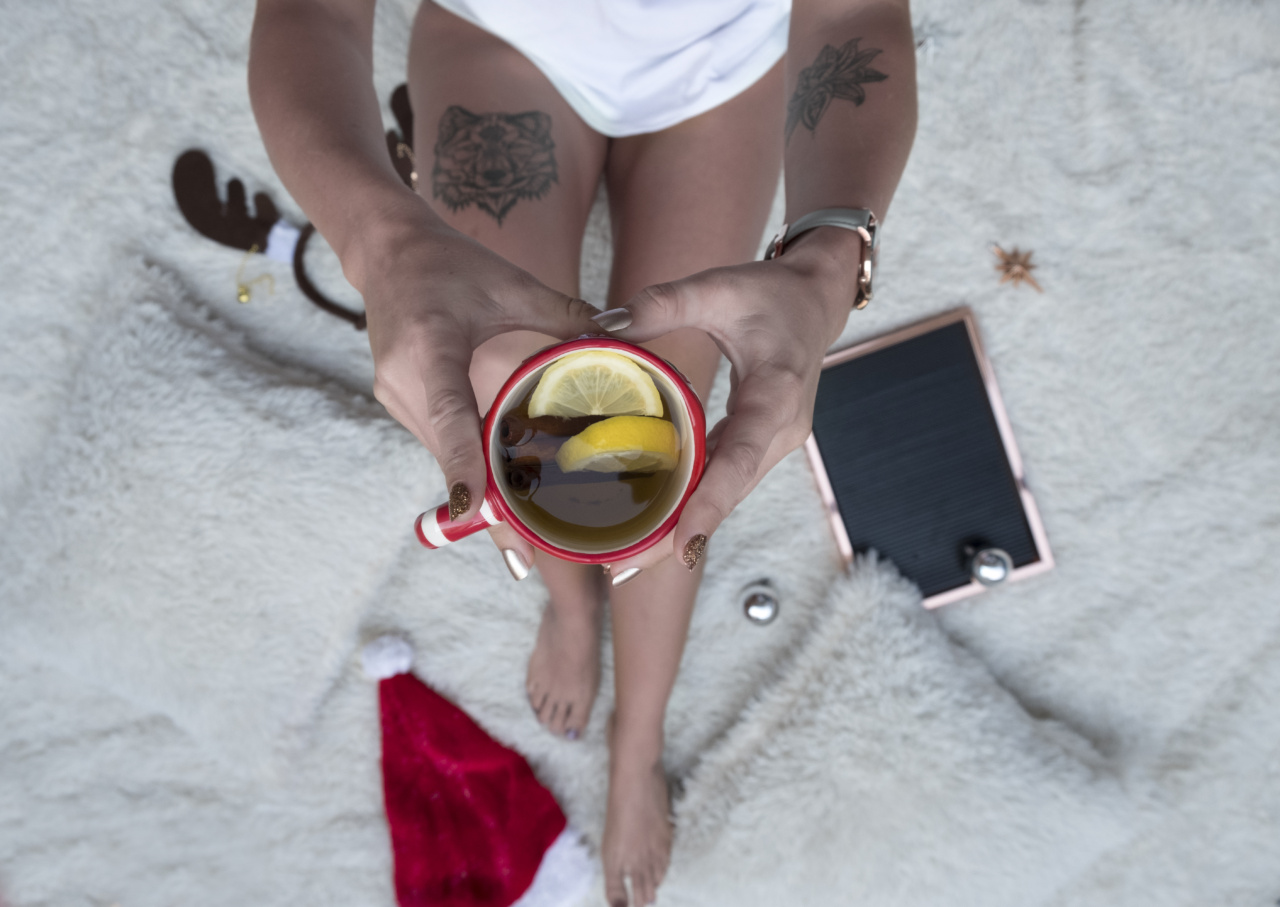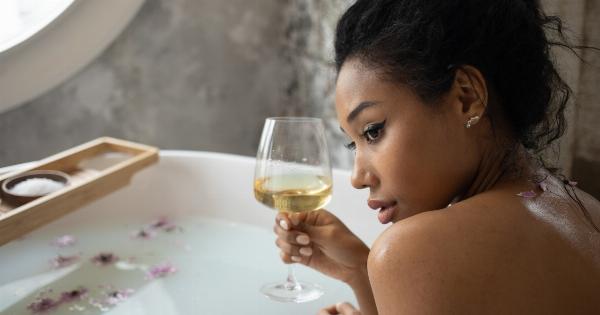Alcoholic beverages have been a part of social gatherings and celebrations for centuries.
While it is no secret that excessive alcohol consumption can have detrimental effects on our overall health, it is often overlooked how alcohol can negatively impact our skin. In this article, we will explore some of the most popular alcoholic beverages and discover the ways in which they can take a toll on our skin’s health and appearance.
The Link Between Alcohol and Skin Health
Before delving into specific alcoholic drinks, it is crucial to understand how alcohol affects our skin. Alcohol is a diuretic, which means it increases urine production and can result in dehydration.
Dehydrated skin appears dull, dry, and may even exacerbate existing skin conditions such as eczema or psoriasis.
Moreover, excessive alcohol consumption can lead to nutrient deficiencies, particularly vitamins A, C, and E, which play essential roles in maintaining the health and vitality of our skin.
These deficiencies can cause skin fragility, lack of elasticity, and impaired wound healing. Furthermore, alcohol can affect the production of collagen and elastin, essential proteins responsible for skin structure and elasticity.
Beer: A Bitter Brew for Your Skin
Beer is one of the oldest and most widely consumed alcoholic beverages worldwide. It is brewed from cereal grains such as barley, wheat, or corn.
While beer may seem relatively harmless, it can wreak havoc on your skin due to its high carbohydrate content. Carbohydrates can stimulate the production of insulin, leading to increased sebum production. This excess sebum can clog pores and contribute to acne breakouts.
Additionally, beer contains high levels of histamine, a compound that can dilate blood vessels and cause flushing or redness in the skin.
Those who already have conditions like rosacea or eczema may experience more pronounced symptoms after consuming beer.
Wine: The Not-So-Sweet Secret
Wine, whether red or white, is a popular choice for many. However, both types of wine can have negative implications for your skin. Red wine, in particular, contains tannins, which can stain teeth and cause dryness in the mouth.
These dry mouth conditions can lead to bad breath and an imbalance of oral bacteria. Disruptions in the oral microbiome can affect skin health since the mouth serves as a gateway for microbial entry into the body.
Additionally, the sulfites present in wine can cause allergic reactions, including skin flushing, itching, or hives. These reactions can be even more pronounced for individuals with existing skin conditions or sensitivities.
The acidity in wine can also exacerbate acid reflux, which can disturb sleep patterns and contribute to dull-looking skin and fine lines.
Spirits: The Harsh Reality
Spirits, such as vodka, rum, whiskey, gin, and tequila, are often consumed neat or mixed into cocktails. While they may seem harmless, spirits can wreak havoc on your skin in multiple ways.
Firstly, these beverages are often mixed with sugary sodas or syrups, which can lead to increased blood sugar levels and inflammation. This spike in blood sugar can damage collagen and elastin, accelerating the aging process and causing wrinkles and sagging skin.
Moreover, spirits are typically distilled, resulting in higher alcohol concentrations compared to other alcoholic drinks. The higher the alcohol content, the more dehydrating the beverage becomes.
Frequent consumption of spirits can lead to chronic dehydration, resulting in dry, flaky skin and an increased risk of premature aging.
Cocktails: A Dangerous Blend
Cocktails offer a wide array of flavors and creativity, but they often hide a dangerous blend of sugary mixers and multiple types of alcohol. These combinations can be highly damaging to your skin.
The excessive sugar content in cocktails can cause glycation – a process where sugar molecules bind to collagen fibers, leading to skin stiffening and loss of elasticity.
Furthermore, the mix of alcohol types can increase the overall alcohol content of the cocktail, leading to increased dehydration.
The added colorings and artificial sweeteners found in many cocktail mixers can also trigger inflammatory responses in the skin, causing redness, swelling, and even acne breakouts.
How to Minimize the Impact
While it may be unrealistic to completely avoid alcoholic drinks, there are steps you can take to minimize their negative impact on your skin:.
1. Hydrate: Drink plenty of water before, during, and after consuming alcoholic beverages to counteract dehydration effects.
2. Moderation: Practice moderation and limit your alcohol consumption to reduce the risk of skin damage and overall health concerns.
3. Skip Sugary Mixers: Opt for low-sugar or sugar-free mixers when enjoying cocktails to minimize the glycation process and reduce the overall sugar intake.
4. Protect Your Skin: Use a hydrating moisturizer and sunscreen daily to maintain the health and integrity of your skin.
5. Balanced Diet: Ensure you are consuming a diet rich in fruits, vegetables, and nutrient-dense foods to support your skin’s health and vitality.
Conclusion
Alcoholic beverages can have significant negative effects on our skin health and appearance. From dehydration and nutrient deficiencies to inflammation and glycation, the impact of alcohol on our skin is undeniable.
While it may be tempting to indulge in our favorite drinks, it is essential to be mindful of the potential consequences and take measures to minimize the damage. Remember, healthy skin is not only a reflection of external care but also depends on our lifestyle choices, including our alcohol consumption habits.




























